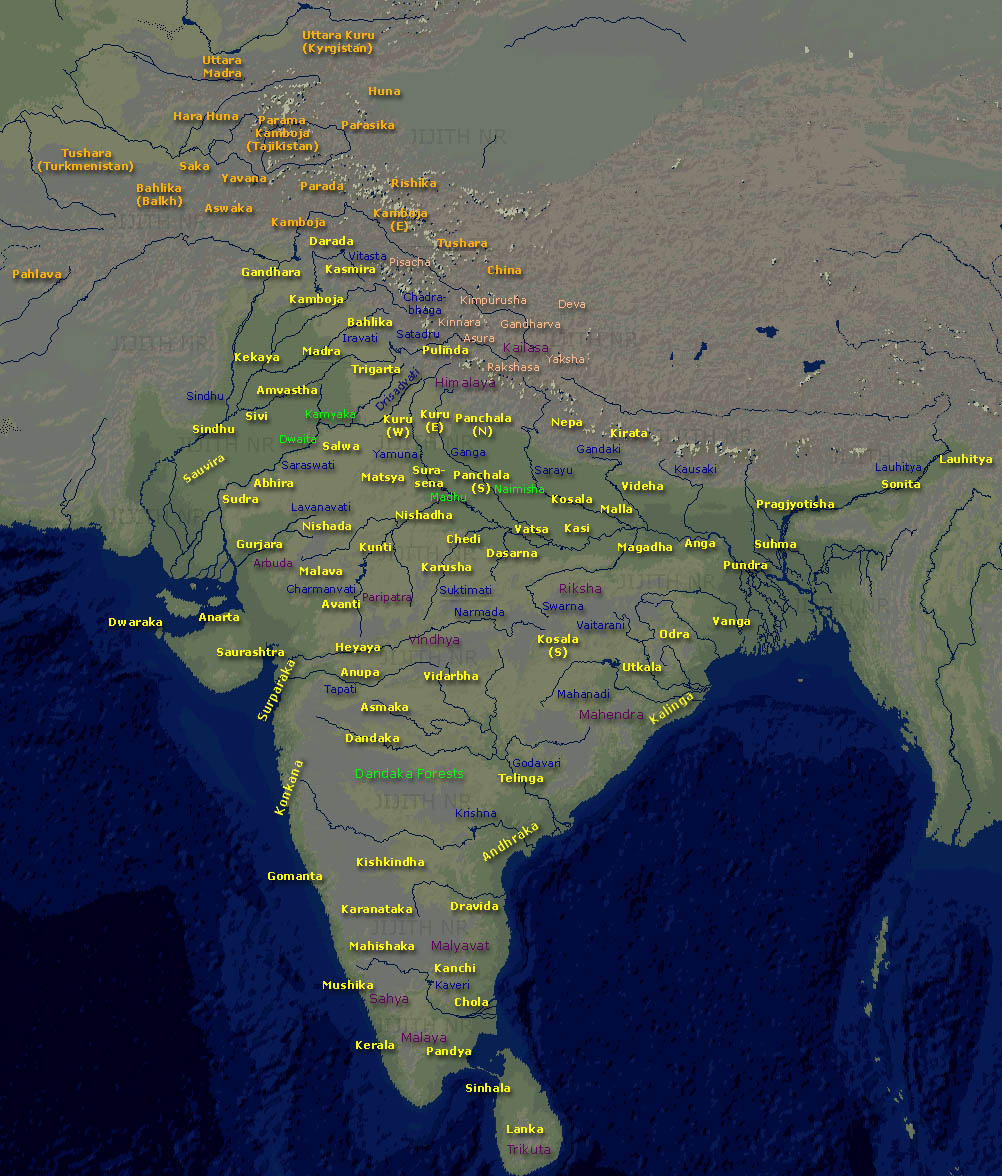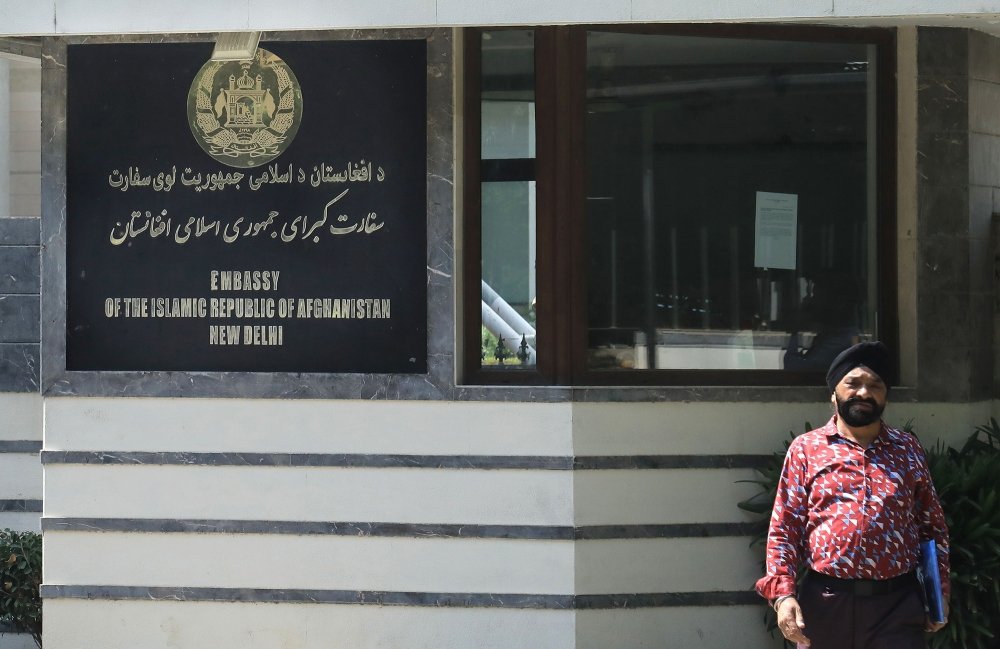vsdoc
Elite Member
- Jul 8, 2009
- 15,863
- 18,207
- Country of Origin

- Country of Residence

When pdfers make Hindu kush jokes I don't like it actually, it's in bad taste and low quality conversation.
It encourages something worse on the other side as well
The truth is that Afghanistan and Pakistan all the way to the Indus is very much the Persian civilization.
Sanghis claiming it under Akhand Bharat is a feeble joke.








